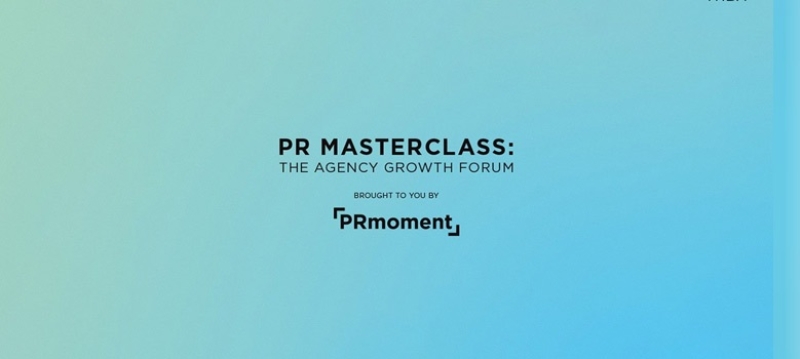If an organisation wants to thrive it must build trust, in its customers and in its own people. Trust is a major component of value, as it is the foundation of attracting and retaining customers, transacting business and competing in the marketplace. A white paper by professional services firm PwC, Ignorance isn’t Bliss, Ensuring Trust in a Complex World, analyses the issues around trust and recommends how businesses can strengthen their reputations.
Looking at how you measure the way your company is building trust, the report says there are a wide range of performance standards to set yourself. Richard Porter, partner at PwC explains: “These range from the straightforward -- simply doing what you’ve said you’ll do -- to more subtle considerations such as how employees and representatives behave in their dealings with customers, suppliers and more generally in the market and wider society. The importance of each component of trust varies according to the specific business and the requirements of each sector.”
Threats to consider
It is not easy building trust in today’s global business environment. Porter discusses the forces that can work against you: “Among these forces are challenging and highly competitive economic conditions; more intense regulatory scrutiny; and unprecedented availability of information about an organisation’s activities to anyone who wants it.” It is therefore vital to recognise how the environment is changing and adapt your approach. The report quotes a chief executive of a global oil business who says: “In this world we have to step up in our communication. If you work in a big company, forget that society will think ‘Trust me as a big company’. Society says, ‘Show me’, ‘Be transparent.’ and ‘Why should I believe you?’”.
Barriers to measurement
Businesses must measure how their businesses are building trust, but this is not straightforward. Porter explains: “The influence that each organisation has over its key measures of performance is not solely within its own direct grasp or control. Global organisations are formed from a complicated web of relationships and dependencies. Third parties are likely to perform a wide range of activities on behalf of another business. Supply chains now take in multiple partners and suppliers. Data is likely to be managed across multiple centres. Customer-facing processes are performed from offshore locations. Corporate functions such as finance, procurement, HR and IT may be globally distributed through outsourcing arrangements.”
So it doesn’t just matter what your organisation says and does, it also matters what third parties say and do. The consequences of not managing all these can be grave, as rebuilding a reputation takes time. According to PR firm Weber Shandwick, the average time for a global business to recover from a damaged reputation is three and a half years.
Porter concludes: “Boards and senior management therefore need to ask the right questions -- and further seek assurance that the answers they receive are accurate, dependable and robust enough to share with their stakeholders.”
To build trust in your organisation, you must ask these questions:
- What are the critical areas/activities you need to know about?
- Internally -- what are you reporting on?
- How are you getting reassurance that the information is correct?
- For external reporting -- what are you reporting to whom and how have you assured yourself that it’s accurate, reliable and covers the measures that matter?
- What are your critical third-party relationships/dependencies -- how do you know what they’re telling you about their performance stacks up and will withstand critical scrutiny?
- How have reporting requirements and the demands on your organisation evolved beyond the statutory annual report?
Background
The PwC report, Ignorance isn’t Bliss, Ensuring Trust in a Complex World
PR Masterclass: The Agency Growth Forum
Our experts will each give you a 20-minute Masterclass on what we've identified as the 11 most important elements in running a modern, profitable and successful PR firm.
Taking place on Wednesday 26th November in London, both virtual and in person tickets are available.
Tickets on sale now!
PR MasterclassIf you enjoyed this article, sign up for free to our twice weekly editorial alert.
We have six email alerts in total - covering ESG, internal comms, PR jobs and events. Enter your email address below to find out more:








